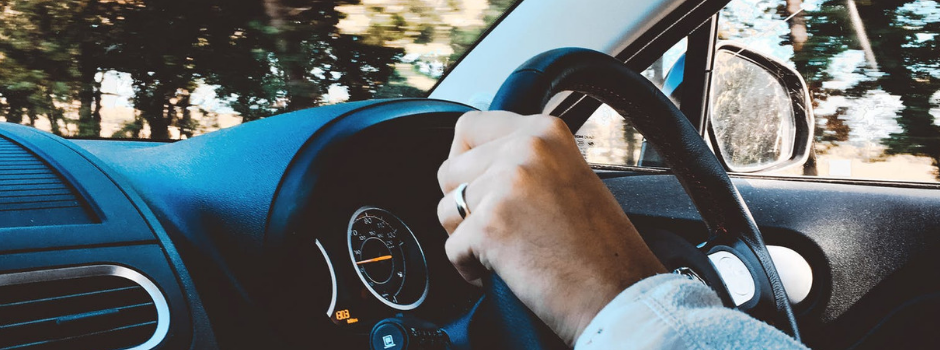You may not be aware, but if you suffer from certain medical conditions you must inform the DVLA (Driver and Vehicle Licensing Agency). Failure to do so can result in a hefty fine or prosecution.
The rules
As the law stands, you must give up your licence if either your doctor tells you to stop driving for three months or more or you do not meet the required standards for driving because of your medical condition.
Under the rules, you must let the DVLA know if you develop a ‘notifiable’ medical condition. There are seven of these conditions and they can affect your driving ability. You can also be prosecuted if you’re involved in an accident as a result of a condition that you haven’t informed the DVLA of.
The seven ‘notifiable’ medical conditions
Diabetes: You need to inform the DVLA if your insulin treatment lasts for over three months, you have gestational diabetes and you needed treatment three months after birth or you get disabling hypoglycaemia (low blood sugar). You also need to notify the DVLA if a medical professional has told you are at risk of developing hypoglycaemia.

Blackouts, fainting (syncope), loss of consciousness: You need to ask your doctor if your blackouts, fainting or loss of consciousness will affect your driving ability. If they do, then you must tell the DVLA.
Heart conditions (including atrial fibrillation and pacemakers): You must tell DVLA if you have an implanted defibrillator, also known as an ‘ICD’ (Implantable Cardioverter Defibrillator). You must tell DVLA if you have been fitted with a pacemaker.

Sleep apnoea: You must tell the DVLA, if you suffer from objective sleep apnoea. You can also discuss with your doctor if your objective sleep apnoea will affect your driving.
Epilepsy: You must tell the DVLA if you have had any epileptic attacks, seizures, fits or blackouts. You must stop driving straight away. Your licence may be taken away and when you can reapply for it depends on the type of attack you had. If it is a one-off incident you can then reapply after six months if you haven’t had another epileptic attack.
Stroke (cerebrovascular accident) and driving: You only need to tell the DVLA if you’re having problems a month after you’ve had a stroke. You must tell the DVLA if you’ve had more than one stroke, if you need brain surgery or if your doctor is concerned about your capability to drive.
Glaucoma: You don’t need to tell DVLA if you’re diagnosed with glaucoma in one eye and your other eye is unaffected. But you must tell DVLA if your glaucoma affects one eye and either of the following also apply: you have a medical condition in your other eye or you can’t meet the visual standards for driving. You must tell DVLA if your glaucoma affects both eyes.
How do you notify the DVLA of your medical condition?
If you have one of these medical conditions and need to inform the DVLA then click HERE to do so.

